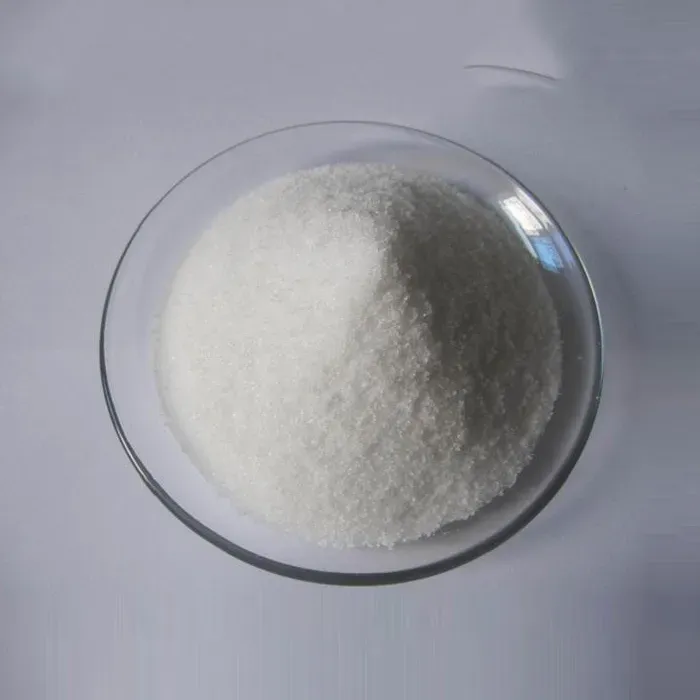Understanding Closed Loop Treatment Chemicals
Closed loop treatment systems have gained significant attention in various industries, particularly in the context of industrial water management and wastewater treatment. These systems utilize closed circuit processes to recycle water and chemicals, effectively minimizing waste and maximizing resource efficiency. Closed loop treatment chemicals play a vital role in these systems, ensuring the effective treatment of water, maintenance of system integrity, and protection against contaminants.
One primary advantage of employing closed loop systems is their ability to conserve water and reduce the overall environmental footprint of industrial processes. In traditional water management systems, large quantities of water are consumed and subsequently discharged as wastewater. Closed loop systems, in contrast, recirculate water, thereby reducing the need for constant replenishment. This innovative approach not only conserves water but also decreases the volume of contaminants released into the environment.
Closed loop treatment chemicals are specifically formulated to ensure optimal performance of these systems. These chemicals include water treatment agents, biocides, corrosion inhibitors, and scale control agents. Each chemical serves a distinct purpose water treatment agents help to purify the water by removing impurities and pathogens, while biocides prevent biological growth that could lead to fouling and inefficiencies. Corrosion inhibitors protect the infrastructure from degradation, and scale control agents prevent the buildup of mineral deposits that can hinder operational efficiency.
closed loop treatment chemicals

Selecting the right closed loop treatment chemicals is crucial for the success of any closed loop system. Factors such as water chemistry, temperature, and the specific contaminants present must be considered to ensure compatibility and effectiveness. Regular monitoring and testing of water quality are essential to determine the appropriate chemical dosing and to assess the performance of the treatment system.
Moreover, the adoption of closed loop treatment chemicals can lead to significant cost savings for industries. By decreasing water usage and minimizing waste disposal costs, companies can achieve a more sustainable operation while also complying with environmental regulations. In addition, the improved efficiency and longevity of equipment due to effective treatment can result in lower maintenance and replacement costs.
In conclusion, closed loop treatment chemicals are integral to the functionality and efficiency of closed loop systems. They facilitate the recycling of water and enhance system performance by protecting against various contaminants. As industries increasingly prioritize sustainability and resource conservation, the utilization of closed loop treatment systems and their associated chemicals will likely continue to grow. Organizations committed to environmental responsibility and operational efficiency should consider integrating these innovative solutions into their processes. Embracing closed loop treatment chemicals not only contributes to a greener future but also aligns with the global movement towards more sustainable industrial practices.

